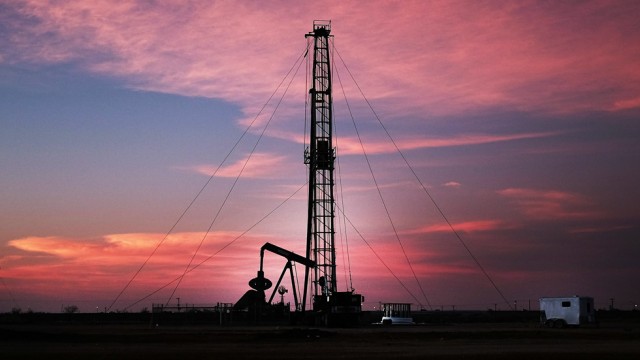11 Dec 2024

Tired Earth
By The Editorial Board

Very soon, the U.S. Senate will decide whether to use a seldom-used mechanism known as the Congressional Review Act (CRA) to revoke important rules meant to increase industry accountability, protect taxpayers, and reduce harmful air pollution.
On the chopping block is the U.S. Bureau of Land Management’s Methane Waste and Prevent Rule that prevents private energy companies from wasting energy resources that belong to the American people.
The BLM standards require oil and gas companies operating on public lands to reduce the amount of methane – the primary component of natural gas – that is burned, flared, or leaked into the air.
Analyses have shown that negligent drilling practices waste more than $1 million of natural gas every day. In fact, enough American energy is wasted every year to power a city the size of Chicago.
That also translates to more pollution in the air and less royalty revenues for taxpayers. One recent study estimates that rolling back these protections will cost Americans $800 million over the next decade.
Those public tax dollars are split between the federal government and energy-producing states to fund education, roads and bridges, conservation efforts, and other projects.
But without the methane waste rule, those tax dollars will literally go up in smoke.
There is nothing even remotely conservative about waste, which is why the push to overturn this prudent rule is so misguided.
Claims by the oil and gas industry, which its pals in Congress parrot, that the methane rule represents costly, job killing, bureaucratic overreach are ridiculous. Nothing could be further from the truth.
Earlier, Congress pressed the President of the American Petroleum Institute for hard data about job loss associated with BLM’s methane policies – but API delivered nothing.
That is because by requiring companies to adopt affordable technologies to capture lost gas, the industry can actually save up to $188 million each year. The rule is also a boon to the dozens of companies—located across 46 states—that develop technologies in methane mitigation.
Rolling back these sensible standards now would erase all of these economic benefits – and would actually run in direct opposition with the President’s own energy plan, which promises to maximize, not waste, the public’s energy resources.
Genuine conservatives that are not in the pockets of special interests should be appalled. There is simply no excuse for wasting American energy and tax dollars.
This fiscally foolish rollback attempt comes after a conservative Wyoming judge recently denied a motion by industry to block the rule.
In 2014 Colorado became the first state in the nation to adopt rules to cut methane waste and pollution. Three years later, oil and gas production has increased, and leaks have dropped by 75 percent in the state’s most developed oil and gas field. The dire hair-on-fire predictions of the oil and gas lobby have never materialized.
Other conservative, energy-producing states have smartly followed Colorado’s lead and adopted rules to curb methane waste and pollution. Wyoming’s regional strategy for the Upper Green River Basin is one example.
The BLM’s methane rule enjoys overwhelming support among westerners, especially in the states the rule would affect, and benefit, most. An overwhelming 81 percent of westerners believe that the Trump administration should implement and uphold the BLM methane waste rule.
Equally telling, a recent Center for Methane Emissions Solutions survey found that seven out of ten companies believe the benefits of the rule outweigh the cost.
The American conservation ethic is rooted is sound, conservative principles. The responsible stewardship of our natural resources is a core American value that Republicans and Democrats have long agreed are essential to America’s prosperity.
The decision to use the CRA, an archaic legal loophole, to abolish a fiscally responsible, pro energy, pro conservation, and publicly supported rule represents special interest politics at its worse. It is a far cry from promises to drain the swamp, and senators who vote to overturn this rule will show that they reside deep in the muck.
David Jenkins is the president of Conservatives for Responsible Stewardship, a national nonprofit organization
Source:thehill.com
Comment